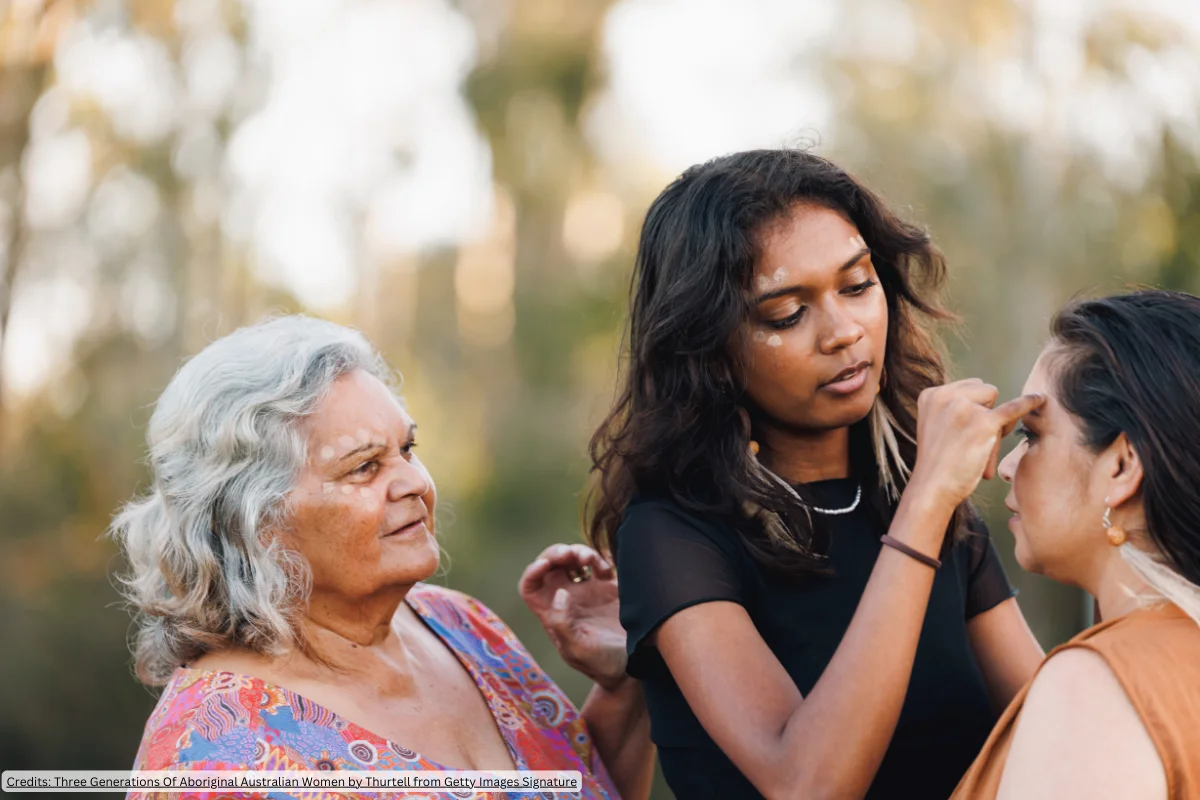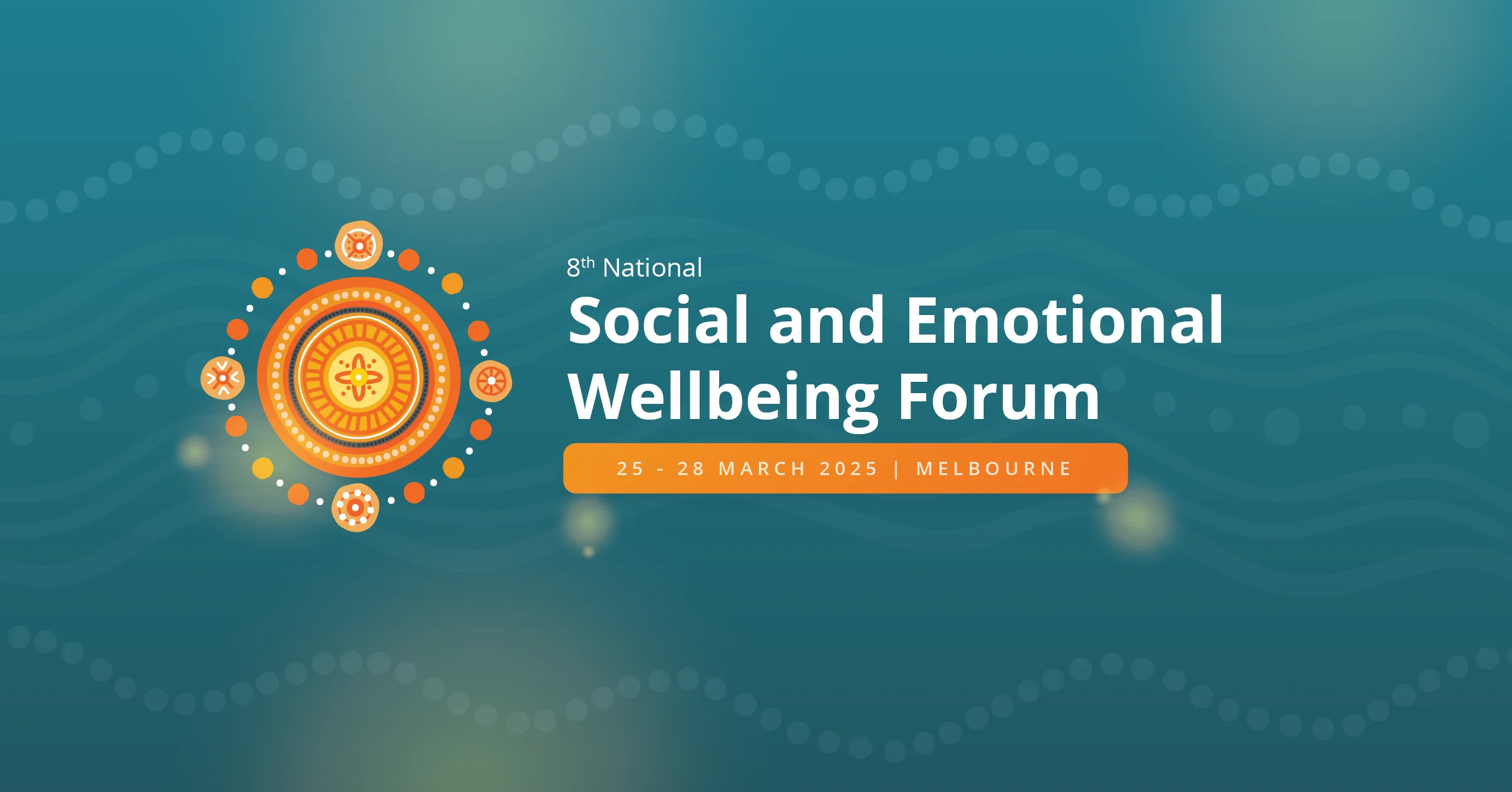A new survey by the not-for-profit Community Council For Australia reveals that Australian charities are now drowning in red tape. Over 600 charities and not-for-profit groups around the nation were surveyed for the report.
40% of charities interviewed said the current fundraising rules Australia has are causing them an unnecessary financial burden. 1 in 5 of Australian charities believe the current rules and regulations for charities have become a major barrier to fundraising.
The charities sector currently employs 1.38 million people (11% of the Australian workforce), turns over a massive $166 billion each year and works with 3.6 million volunteers.
Community Council For Australia CEO, David Crosbie, saidthe real costs of government red tape have become enormous for charities. He says in many cases it is stopping them from doing their job. He highlights millions and millions of dollars are being wasted as charities try to meet regulations.
David Crosbie said, “Without question, COVID 19 has hit the charity sector very very hard indeed. It has forced many to fundraise on-line. This major new survey reveals 39% of those involved are not aware that if they are running a fundraising initiative, the reality is they are legally bound to get approval from seven different regulation regimes.”
“It is very troubling indeed. Right now, charities are being completely buried in red tape when the reality is they need to make the best use of every single dollar they can raise.”
“We estimate – at the current time – a huge 40% of on-line charity fundraising being carried out, simply does not comply with the actual regulations. It is a very big issue,” Crosbie said.
Crosbie also urged the Queensland government to “dismantle its charity fundraising bureaucracy,” saying that its registration process costs charities across Australia the most time, administration, and money.”
“Victoria and WA are not far behind. Again, if Victoria and WA were to disband their charity registration process, it would save thousands of charities a lot of time, administration and money without increasing the risk to donors,” Crosbie said.
Crosbie praised the governments of Northern Territory, Southern Australia, Tasmania, and the Australian Capital Territory for making it easier for charities to operate.
“The NT has shown the way by encouraging charities to fundraise while relying on the application of existing consumer law (ACL) and the ongoing oversight of the national charities regulator (ACNC). Apparently, the sky is still there in the NT. The ACT, SA and Tasmania seem to be trying to make things a little easier, although they still have a long way to go in reducing complexity, time and costs for charities,” he said.
“Many charities are telling us the speed of fundraising processing is way too slow – often taking six weeks just to satisfy the necessary requirements.The solutions are clear. Either States and Territories should drop their fundraising regulations altogether and rely on the Australian Consumer Law (as the NT does), or if they are going to insist on each having their own regulations, their fundraising regulations need to draw on all the existing data held by the charities regulator and be entirely consistent – the same – across all jurisdictions,” he said.












